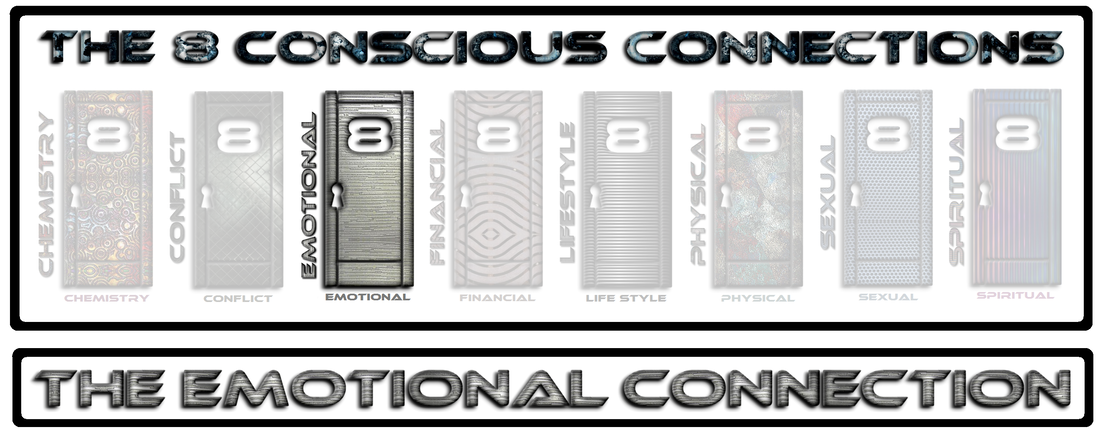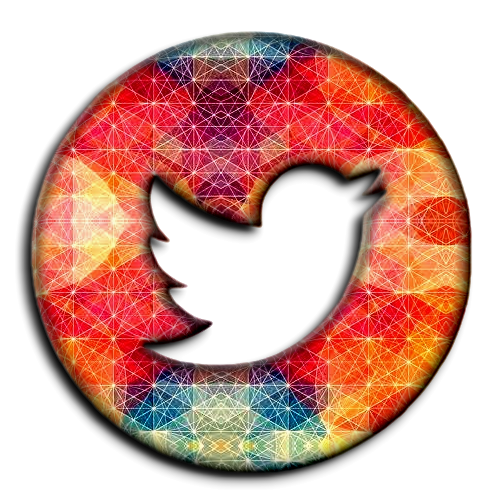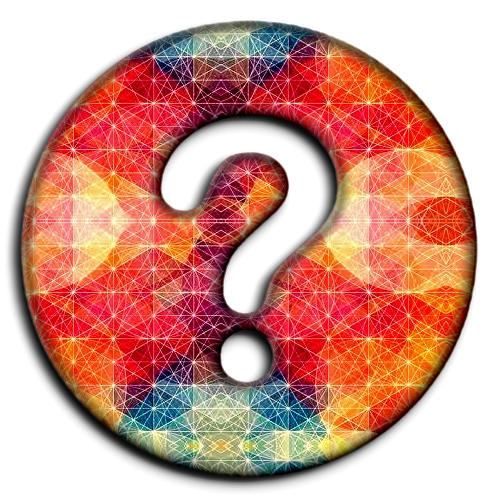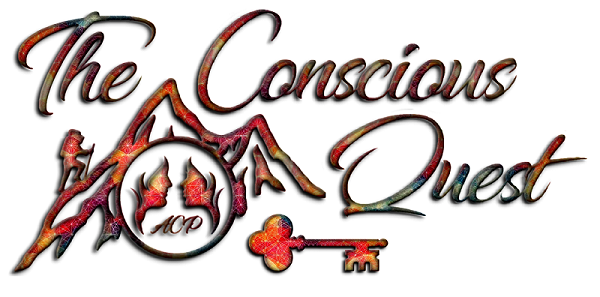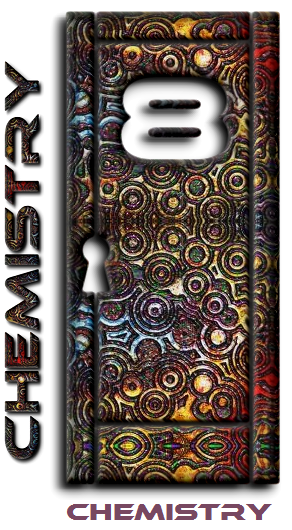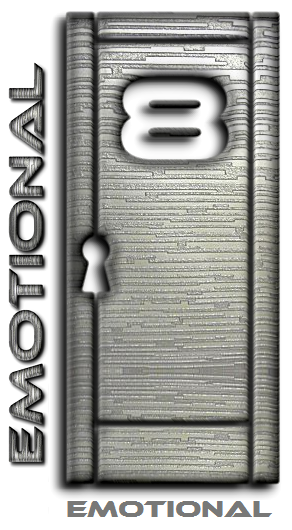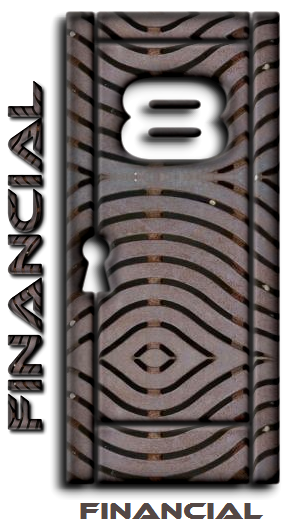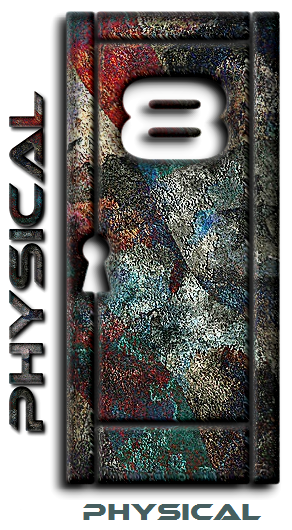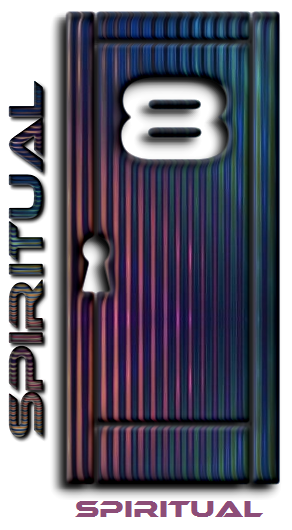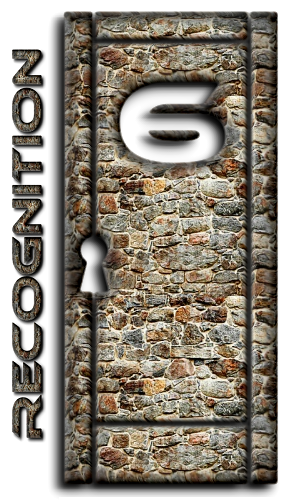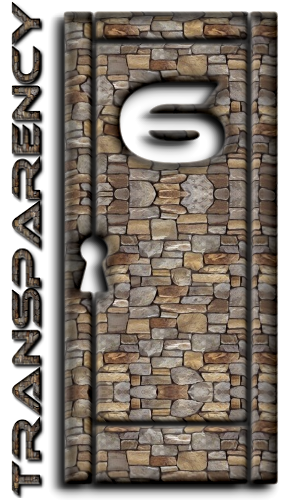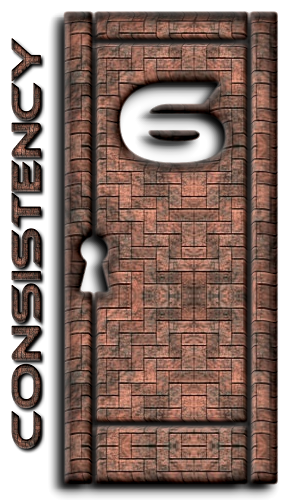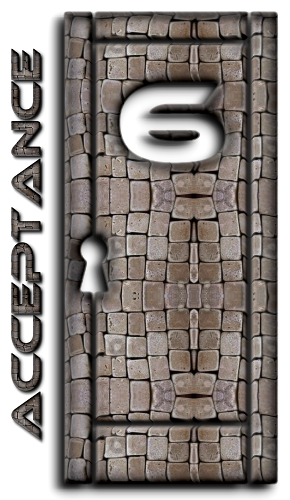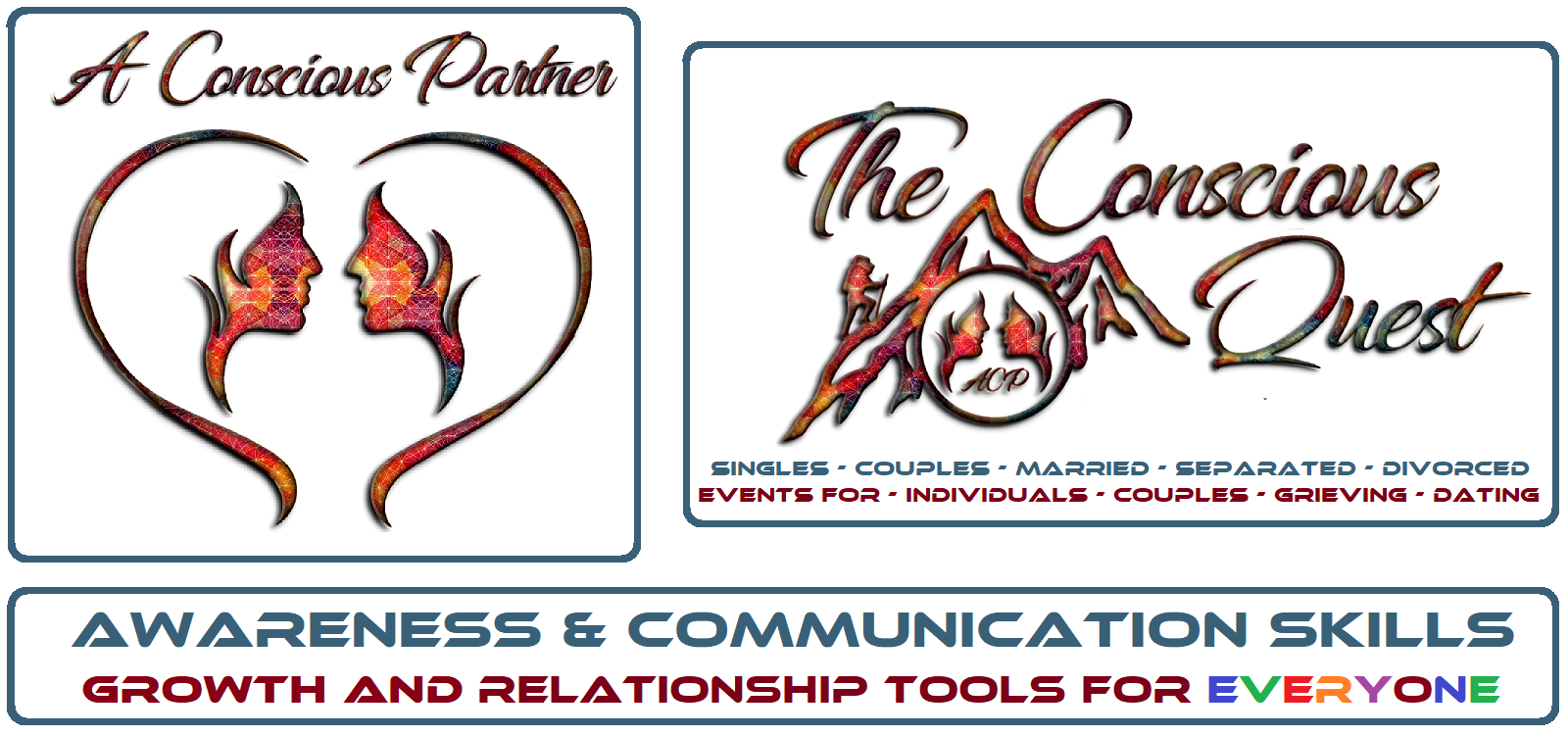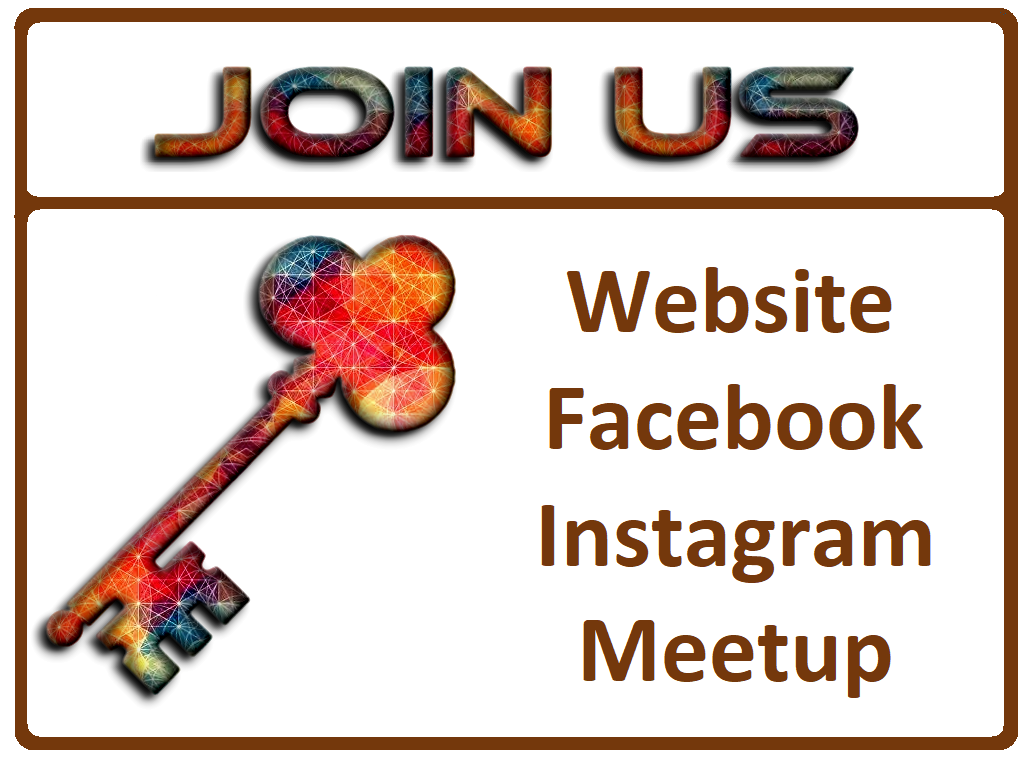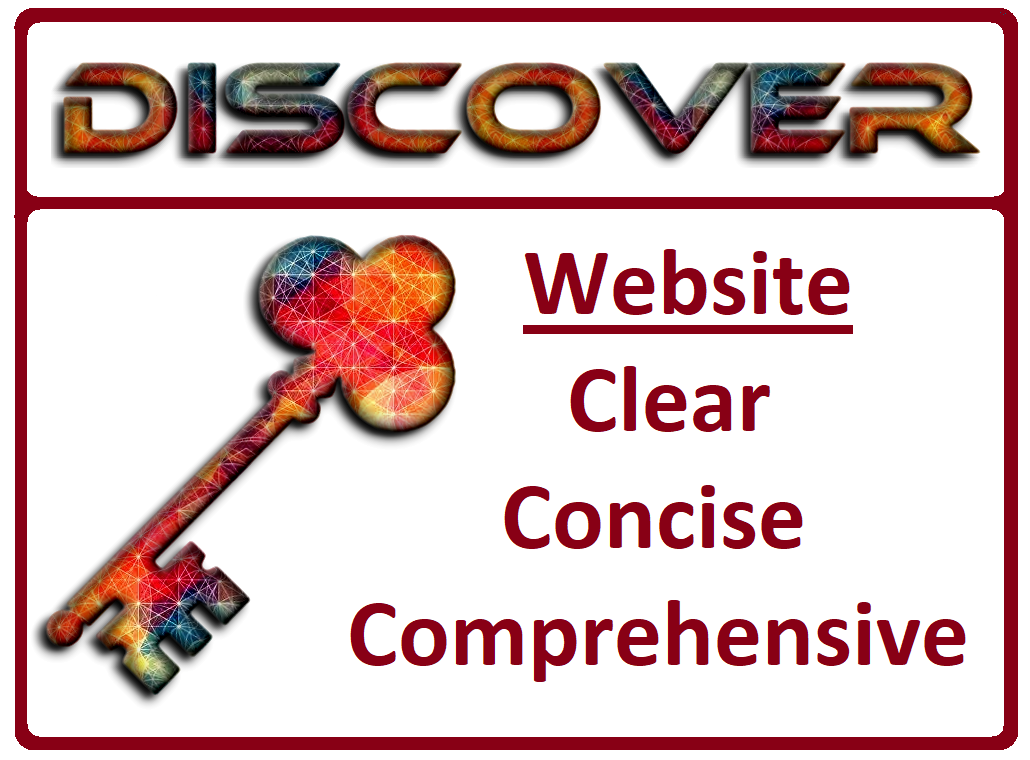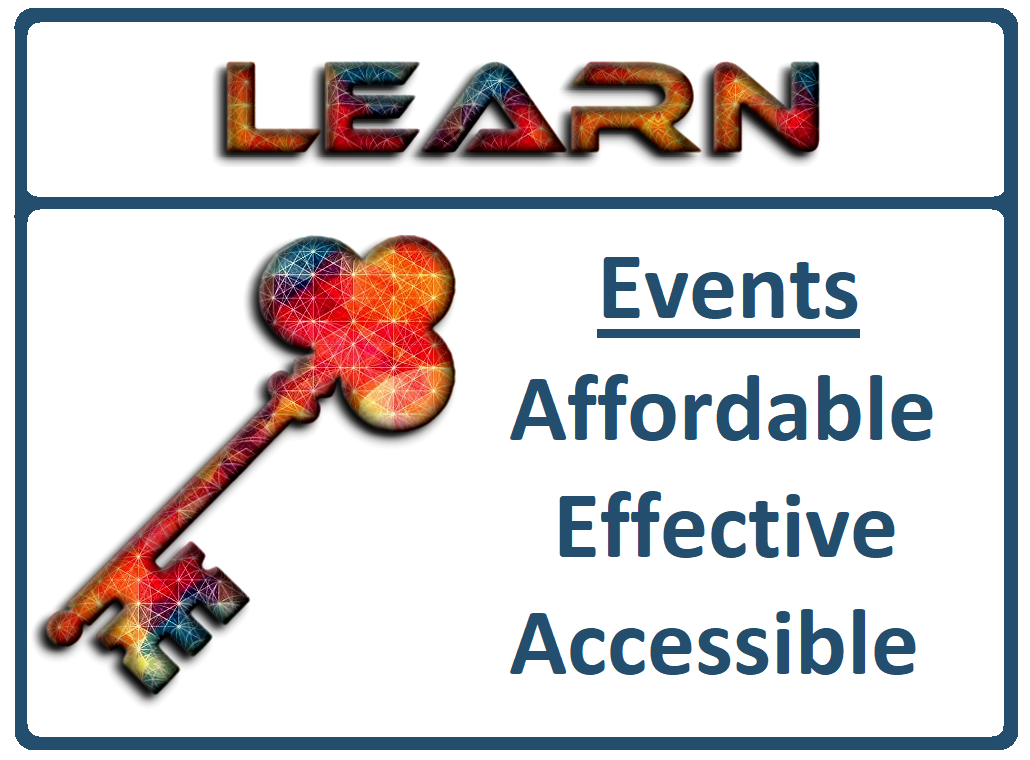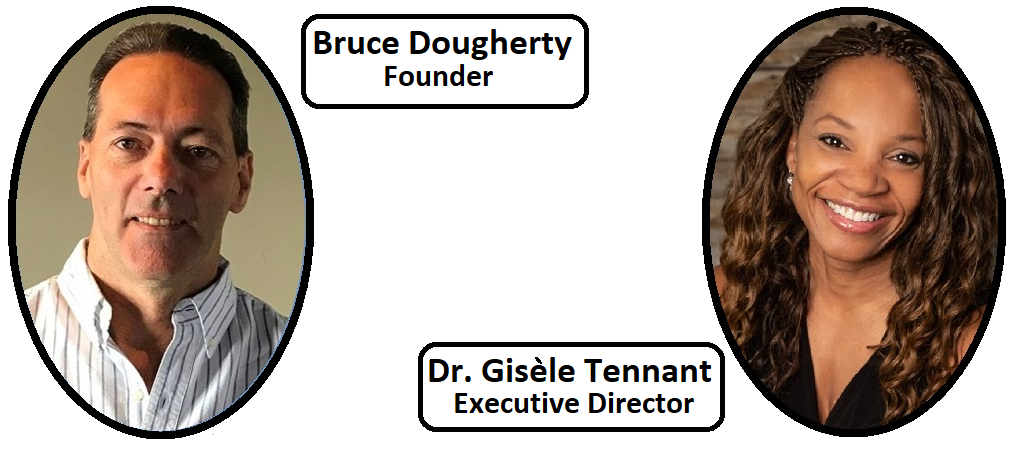|
Understanding Emotions
There are both positive and negative emotions for a reason. Positive emotions help us define what we do want and negative emotions help us to identify things we don't want. As kids, we don't always understand our emotions, but as we grow, we develop the ability to identify our emotions and put them into words. We develop "Emotional Awareness" or "Emotional Intelligence." |
|
Definition - "Emotional Intelligence is the measure of an individual’s abilities to recognize
and manage their own emotions, as well as the emotions of other people, both individually and in groups." Your "IQ" measures your Intelligence Quotient. Your "EQ" or EI" measures your Emotional Intelligence, a key factor in the formation and development of your close personal relationships.Learn more about your "EQ". |
|
What is an Emotional Connection
An Emotional Connection happens when you can trust your partner "emotionally." You trust that your partner is supportive, committed, respectful, and engaged in the relationship. A strong emotional connection, in a couple, will give each person more strength to deal with issues as they arise. |
|
Failure to read and respond accordingly to other people’s emotional cues can, over time, derail almost any relationship. Conversely, the benefits of having an emotional connection are significant. Increased respect, a better sexual connection, amazing conversations, improved communication skills, better moods and a lot more fun! |
